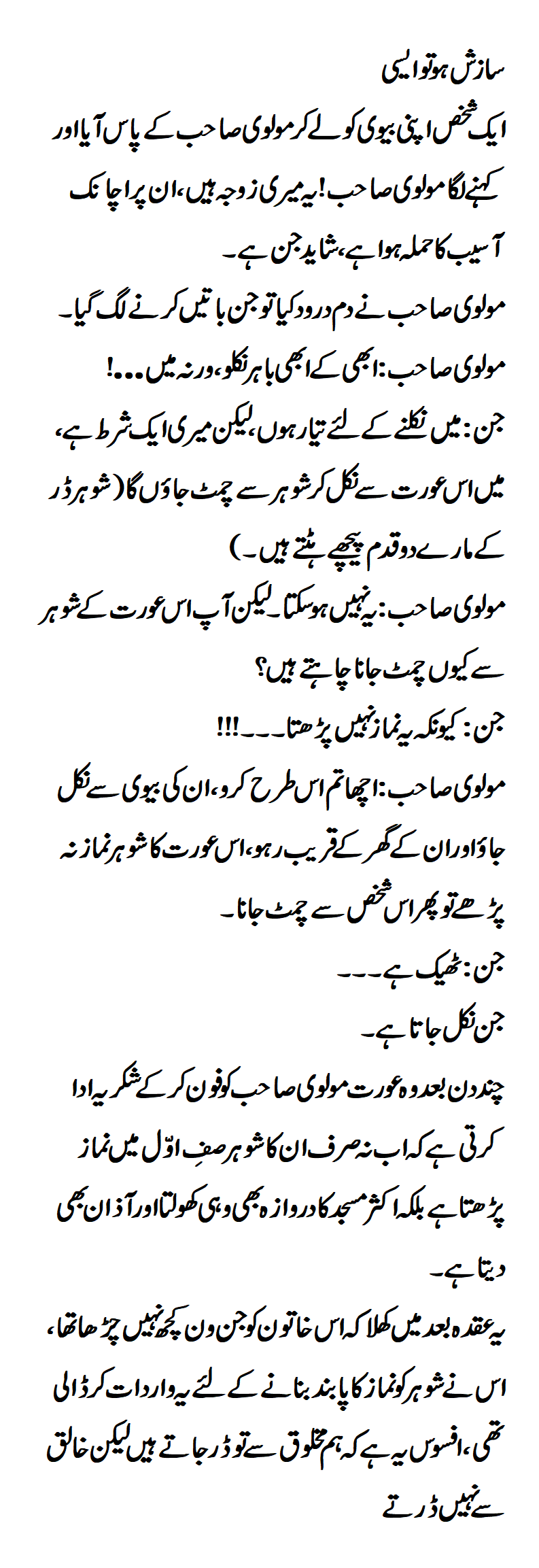conspiracy theory, an attempt to explain harmful or tragic events as the result of the actions of a small powerful group. Such explanations reject the accepted narrative surrounding those events; indeed, the official version may be seen as further proof of the conspiracy.
Conspiracy theories increase in prevalence in periods of widespread anxiety, uncertainty, or hardship, as during wars and economic depressions and in the aftermath of natural disasters like tsunamis, earthquakes, and pandemics. This fact is evidenced by the profusion of conspiracy theories that emerged in the wake of the September 11 attacks in 2001 and by the more than 2,000 volumes on U.S. Pres. John F. Kennedy’s assassination. This suggests that conspiratorial thinking is driven by a strong human desire to make sense of social forces that are self-relevant, important, and threatening.
The content of conspiracy theories is emotionally laden and its alleged discovery can be gratifying. The evidentiary standards for corroborating conspiracy theories are typically weak, and they are usually resistant to falsification. The survivability of conspiracy theories may be aided by psychological biases and by distrust of official sources.
Effects of belief in conspiracy theories

Exposure to media that endorse conspiracies increases belief. There is evidence that viewing the Oliver Stone movie JFK (1991) increased belief in a conspiracy to assassinate Kennedy and decreased belief in the official account that Lee Harvey Oswald acted alone. A further outcome was that, compared with people who were about to view the movie, those who had seen it expressed less interest in political participation. It may be that distrust of those in power predicts and is caused by belief in government conspiracies.